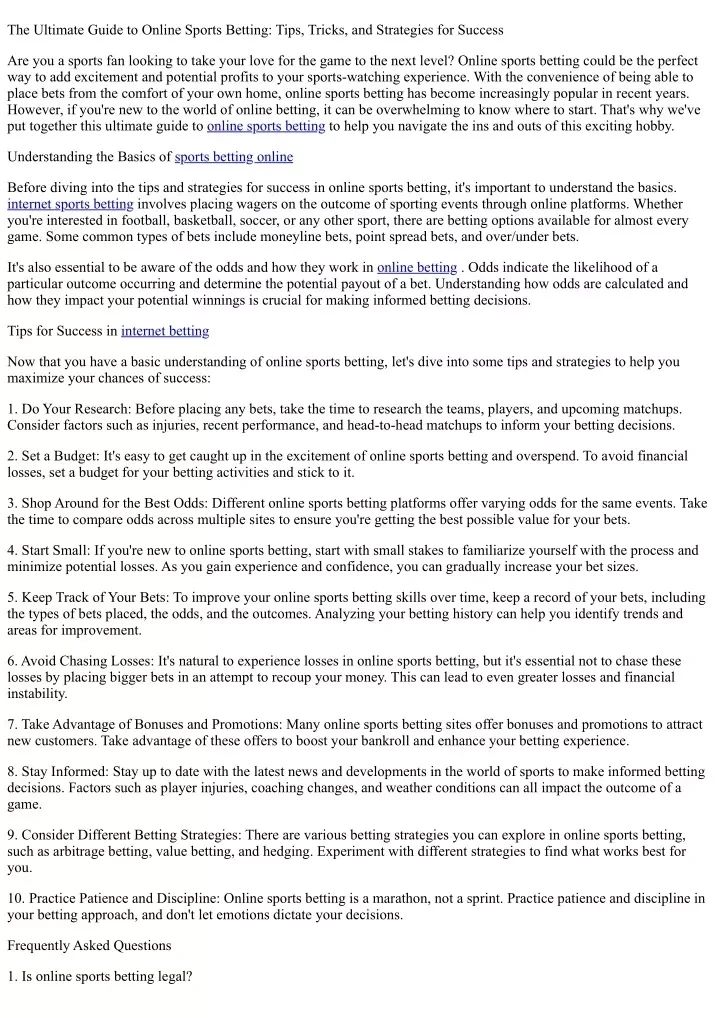For many individuals, gambling can be an enjoyable and recreational activity. However, for some, it can spiral out of control and lead to addiction. In this article, we will delve into the signs of gambling addiction and explore potential solutions to help those struggling with this issue.
Signs of Gambling Addiction
Gambling addiction, also known as compulsive gambling or gambling disorder, is a serious condition that can have devastating effects on a person’s life. Some common signs of gambling addiction include:
Feeling the need to gamble with increasing amounts of money to achieve the desired excitement
Restlessness or irritability when attempting to cut back or stop gambling
Lying to conceal the extent of gambling activities
Chasing losses and continuing to gamble even when experiencing financial difficulties
Neglecting responsibilities at work, school, or home due to gambling
Using gambling as a way to escape from problems or relieve feelings of helplessness or guilt
Solutions for Gambling Addiction
If you or someone you know is struggling with gambling addiction, it is important to seek help and support. Here are some potential solutions to address this issue:
Therapy and Counseling
Therapy and counseling can be effective in helping individuals understand the underlying causes of their gambling addiction and develop coping strategies to overcome it. Cognitive-behavioral therapy (CBT) is a common approach used to treat gambling addiction by helping individuals identify and change negative thought patterns and behaviors.
Support Groups
Joining a support group, such as Gamblers Anonymous, can provide individuals with a sense of community and support from others who are also struggling with gambling addiction. Sharing experiences and receiving encouragement from peers can be beneficial in the recovery process.
Financial Counseling
Managing finances is a crucial aspect of addressing gambling addiction. Seeking guidance from a financial counselor can help individuals create a budget, pay off debts, and regain control over their financial situation.
Self-Exclusion Programs
Many casinos and online gambling sites offer self-exclusion programs that allow individuals to voluntarily ban themselves from participating in gambling activities. This can help create a barrier to prevent access to gambling venues and reduce the temptation to gamble.
Healthy Lifestyle Changes
Engaging in healthy lifestyle behaviors, such as regular exercise, adequate sleep, and stress management techniques, can help individuals cope with gambling cravings and improve overall well-being. Establishing a routine and finding alternative activities to replace gambling can also be beneficial.
Conclusion
Gambling addiction is a serious issue that can have profound consequences on an individual’s life. Recognizing the signs of gambling addiction and seeking help are crucial steps in addressing this problem. By utilizing therapy, support groups, financial counseling, self-exclusion programs, and healthy lifestyle changes, individuals can take positive steps toward recovery and regain control over their lives.
